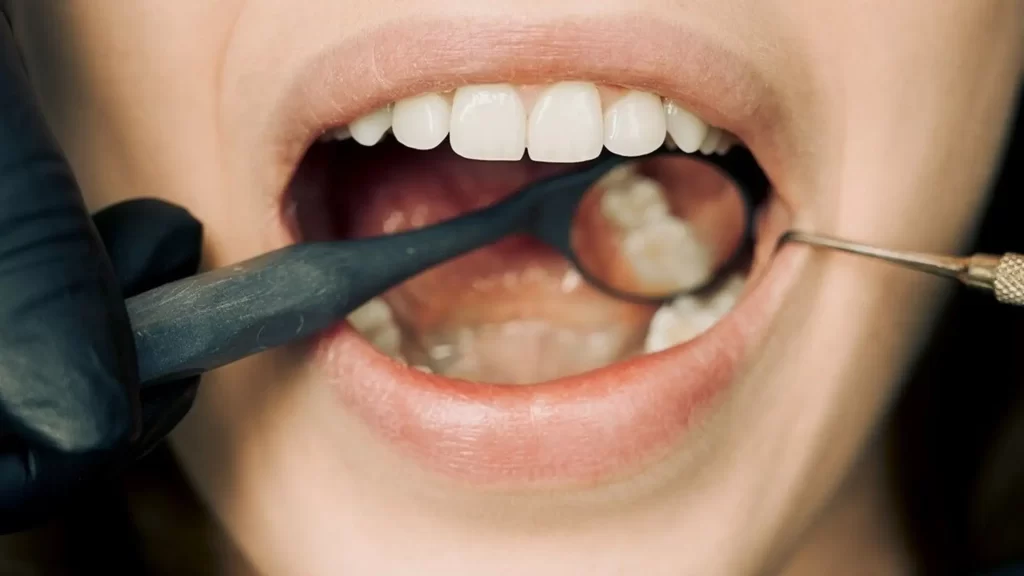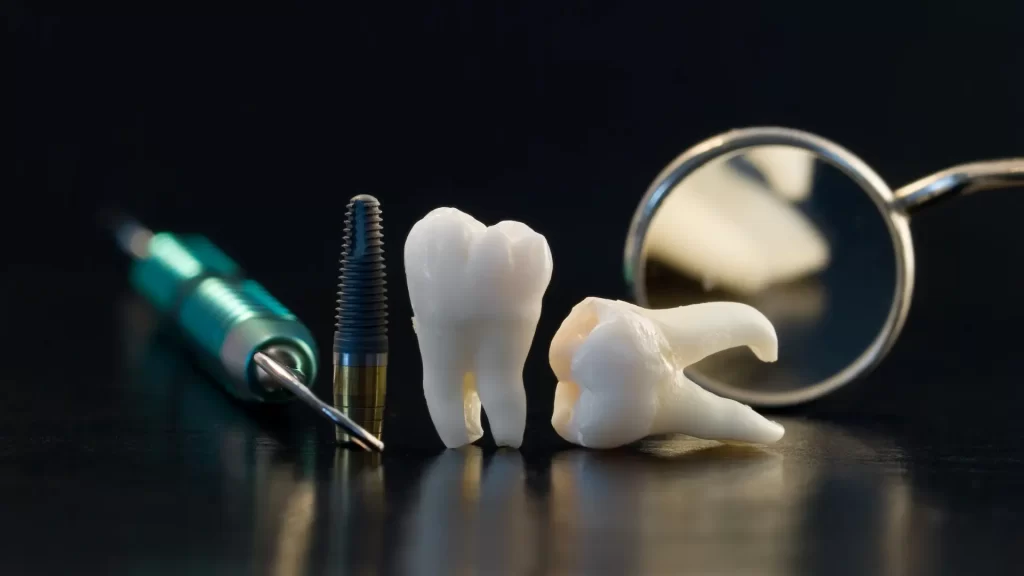Wisdom teeth, also known as third molars, are the last teeth to emerge, typically between the ages of 17 and 25. However, they are not always welcome. In many cases, their removal becomes necessary. But when is the right time to do so? In this article, we’ll explore the signs that indicate the need for wisdom tooth extraction and the importance of a professional dental evaluation.
Signs That Indicate the Need for Extraction
One of the first signs that you may need to have your wisdom teeth extracted is pain. If you experience discomfort or pain in the back of your mouth, it could be a sign that something is wrong. This pain can be caused by several factors:
- Impaction: If the wisdom teeth don’t have enough room to emerge properly, they can become trapped in the jaw. This can lead to pain and swelling.
- Infection: Impacted wisdom teeth can lead to gum infections, which may cause fever and general discomfort.
Have you experienced any of these symptoms? If so, it’s crucial to consult your dentist.
Dental Evaluation and X-Rays
Another reason to consider wisdom tooth extraction is a dental evaluation. During a routine check-up, your dentist may recommend X-rays to assess the position of your wisdom teeth. Did you know that some people have enough room in their mouths for their wisdom teeth to emerge without issues, while others don’t?
Insufficient space: If there isn’t enough room for the wisdom teeth to emerge correctly, they can cause misalignment of other teeth. This may result in an improper bite and long-term dental problems.
If your dentist determines that extraction is necessary, it will be based on the X-ray and your overall dental health.

Risks of Not Extracting
Ignoring problems related to wisdom teeth can lead to more serious complications. Some of the risks of not removing them include:
- Recurrent infections: Impacted wisdom teeth can cause chronic infections that may spread to other teeth and tissues.
- Cysts: In some cases, impacted wisdom teeth can develop cysts that may damage the surrounding bone and teeth.
It’s important to note that while some people never experience issues with their wisdom teeth, prevention is key. Have you wondered if you should schedule a check-up with your dentist?
If you experience pain, have had recurring infections, or simply want to ensure that your wisdom teeth won’t cause problems in the future, it’s crucial to talk to a dentist. Only a professional can provide an accurate evaluation and personalized recommendations.
Remember, while wisdom tooth extraction may seem like a daunting procedure, it’s an important step in maintaining long-term dental health. Are you ready to talk to your dentist about your wisdom teeth?

